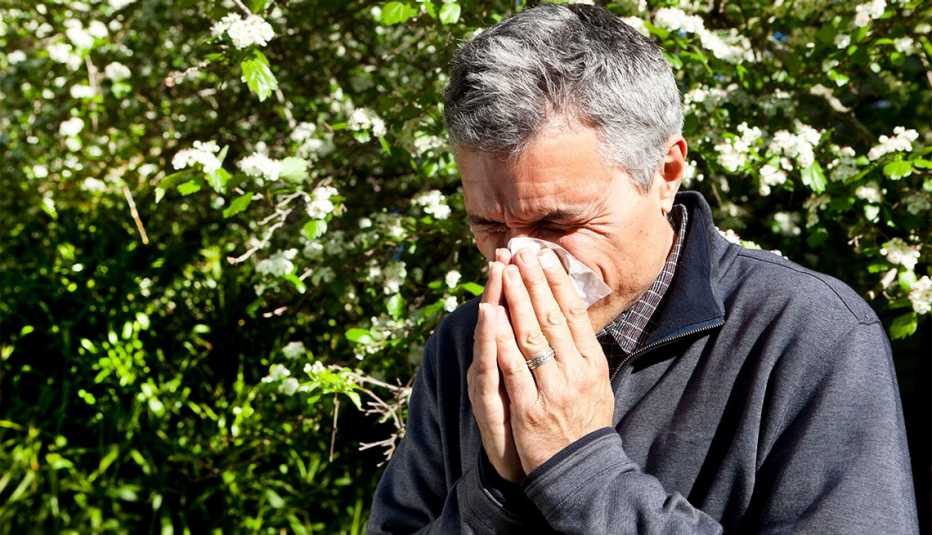AARP Hearing Center
"The only way to treat the common cold is with contempt,” physician William Osler, cofounder of Johns Hopkins Hospital, once said.
But it's also smart to treat it with respect and patience.
After all, over a century has passed since Osler's observation, and the common cold continues to bedevil humanity. “Cold viruses are very hardy and change all the time,” says Ronan Factora of the Center for Geriatric Medicine at the Cleveland Clinic. “You can't vaccinate against the common cold because it's just a very, very difficult virus to keep up with. People have been suffering from the common cold for a long time, and it doesn't look like we'll actually have any specific treatment course any time soon."
If you do catch a cold, you're likely to be under siege for seven to 10 days, says Summer Allen, a family medicine doctor with the Mayo Clinic. To avoid getting one in the first place, follow these six tips.
1. Wash your hands — a lot
We get more colds in the winter not because of lower outdoor temperatures but because the cold outside forces us indoors, into closer quarters, for longer periods. “So if someone near us has a cold, there's more potential that we are exposed to it,” says Allen. A typical path of transmission, he says, could start with someone who has the virus coughing or sneezing into their hand, then touching a door handle. If you touch that same handle and then wipe your eyes or mouth with the same hand, you can contract their cold. To prevent this, he says, “wash your hands as often as you can, or use some form of an alcohol-based sanitizer, if open water is not available."
2. Pay attention to your environment
You can't exist in a bubble, but cold viruses are highly contagious, which means they can also be transmitted through tiny virus particles in the air that you breathe in. “If you see people coughing or sneezing, keep your distance,” says Factora.







































































